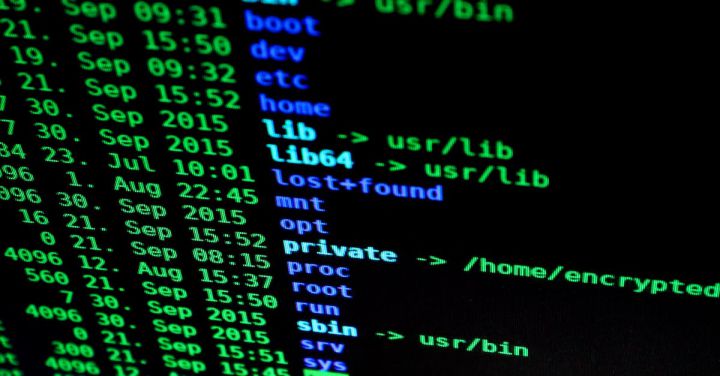How to Protect Your Company from Phishing Attacks?
In today’s digital age, phishing attacks have become a major concern for businesses of all sizes. These attacks, which involve tricking individuals into divulging sensitive information, can have devastating consequences for a company’s reputation, finances, and even its very survival. Therefore, it is crucial for businesses to take proactive steps to protect themselves from phishing attacks. In this article, we will explore some strategies that companies can implement to safeguard their organization from these malicious attacks.
Educate Your Employees
One of the most effective ways to protect your company from phishing attacks is to educate your employees about the dangers and warning signs of phishing emails. Conduct regular training sessions to help your employees understand the tactics used by cybercriminals, such as deceptive email addresses, fake websites, and urgent requests for personal information. By arming your employees with knowledge, they will be better equipped to identify and report phishing attempts, reducing the risk of falling victim to such attacks.
Implement Multi-Factor Authentication
Another crucial step in protecting your company from phishing attacks is to implement multi-factor authentication (MFA) across all systems and accounts. MFA adds an extra layer of security by requiring users to provide multiple forms of verification, such as a password and a unique code sent to their mobile device. This significantly reduces the chances of unauthorized access to sensitive information, even if a phishing attempt successfully tricks an employee into revealing their login credentials.
Regularly Update Security Software
Keeping your company’s security software up to date is essential in defending against phishing attacks. Cybercriminals are constantly evolving their techniques, and security software providers regularly release updates to address new threats. By ensuring that your company’s antivirus, anti-malware, and firewall software is always up to date, you can minimize the risk of falling victim to phishing attacks.
Implement Email Filters
Email filters are a powerful tool in the fight against phishing attacks. These filters can automatically flag and divert suspicious emails to a separate folder, preventing them from reaching employees’ inboxes. Implementing robust email filters can significantly reduce the likelihood of employees being exposed to phishing attempts, as many of these attacks rely on mass distribution to increase their chances of success.
Regularly Back-Up Data
In the event of a successful phishing attack, having regularly backed-up data can be a lifesaver for your company. By regularly backing up your data to secure off-site servers, you can ensure that even if your systems are compromised, you can quickly restore your information without paying ransom or suffering significant data loss. Regular backups are an essential part of any comprehensive cybersecurity strategy.
Conduct Regular Phishing Simulations
One effective way to test the effectiveness of your company’s defenses against phishing attacks is to conduct regular phishing simulations. These simulations involve sending employees fake phishing emails to see how they respond. By analyzing the results, you can identify any vulnerabilities and areas for improvement in your company’s security awareness training and adjust your strategies accordingly.
Conclusion: Safeguard Your Business Against Phishing Attacks
Phishing attacks continue to be a significant threat to businesses worldwide. However, by following these strategies and implementing robust security measures, you can greatly reduce the risk of falling victim to these malicious attacks. Remember to educate your employees, implement multi-factor authentication, regularly update security software, utilize email filters, back up your data, and conduct regular phishing simulations. By taking these proactive steps, you can safeguard your company’s sensitive information and protect your organization from the potentially devastating consequences of phishing attacks.






